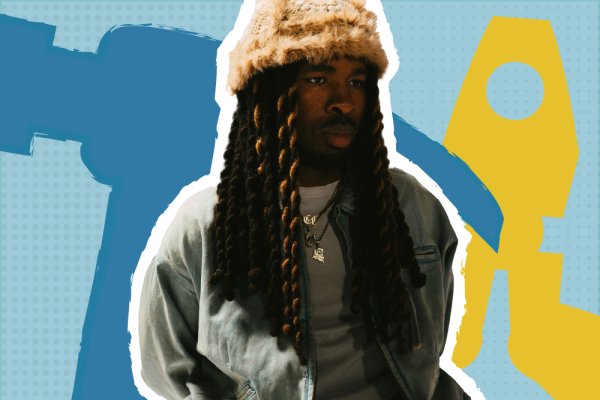Jul 1, 2025
I’ve interviewed celebrities and entertainers before, and my main complaint is always this: They tend to dodge tough topics, which then results in pretty dull conversations.
So when I got on the phone with Christian hip-hop artist Dylan Phillips, whose stage name is nobigdyl., I thought getting him to say anything interesting would be about as hard as fishing for catfish.
But I didn't have to fish long before I realized that nobigdyl. was more than willing to tackle difficult subjects.
Read the Full Article

Already a subscriber? Login
